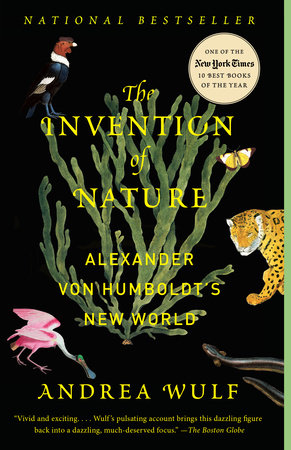Re: What are you reading?
Posted: Fri Oct 02, 2020 6:32 pm
Rick Perlstein's The Invisible Bridge, had been planning on doing Reaganland next but I don't think I can do it. Gonna find some nice easygoing fiction, maybe a Stephen King novel
Have you read Blood Meridian? That was my shit.Olin wrote:Seance posted some slappers on this page, that bi-decade Levi binge that so many seem to have is a good one.
I've been crawling through 2666 lately, it's not really what I wanted it to be but it's still good.
Recently re-read a bunch of Harlan Ellison stuff and Richard Stark things, short and entertaining because it feels better than watching a lot of the wank I'd usually watch.
Looking for more grim westerns if anyone has and neat recs that might have flown under the radar.

MrNovember wrote:cosmicevan wrote:Also, just want to give you a heads up as it doesn't sound like you've read them before, but they get quite a bit darker at the end of the 4th book/after the 4th book.
Reagan's enough of a dullard that he's a less interesting subject for a historian but psychologically he's such a model of Dubya and Trump - true believers of every word that they say in the moment they say it, forgotten 1.7 seconds later. More than Nixonland, this one is a funhouse mirror to our age in a lot of ways with the social dissolution, economic hopelessness, the ascendancy of the know-nothing evangelical white conservatism that's giving one last push at minority rule right now.sears wrote:As much as I loved Nixonland I thought that The Invisible Bridge was a little dull. Its subject isn't as interesting.
I'm reading the Milstborns. For some reason I have been needing my horror and fantasy for the last few years.
Achtane wrote:Have you read Blood Meridian? That was my shit.
Three or four years ago there was a special offer with like 12 PKD books at 4€ each, so i bought them all and i'm (slowly) making my way through them all. I'm down to 3 left. It's one of my favorite writers but i have to be in the right mindset to read his works, so i have to alternate with other stuff.coldbrightsunlight wrote:Good to hear you enjoyed it, one of the many many PKD books I haven't got round to reading yet (but one day I'll catch em all)

I haven't read that one. But it is definitely of interest to me as early mystery/detective fiction.coldbrightsunlight wrote: Currently I'm reading The Woman In White by Wilkie Collins, which is a classic mystery novel. It's very engaging actually though it always takes me a while with each book to get into the florid prose of 19th century literature. About halfway through I am hooked, I have to say.



Thanks, I'll check it out.Olin wrote:Achtane wrote:Have you read Blood Meridian? That was my shit.
It's my favourite book, I'm a huge Cormac stan and it's why I want more! You might like The North Water by Ian McGuire, vaguely similar feel to BM.
I recommend it for sure if you're interested in the genre/history/19th century English literature in general.Seance wrote:I haven't read that one. But it is definitely of interest to me as early mystery/detective fiction.coldbrightsunlight wrote: Currently I'm reading The Woman In White by Wilkie Collins, which is a classic mystery novel. It's very engaging actually though it always takes me a while with each book to get into the florid prose of 19th century literature. About halfway through I am hooked, I have to say.